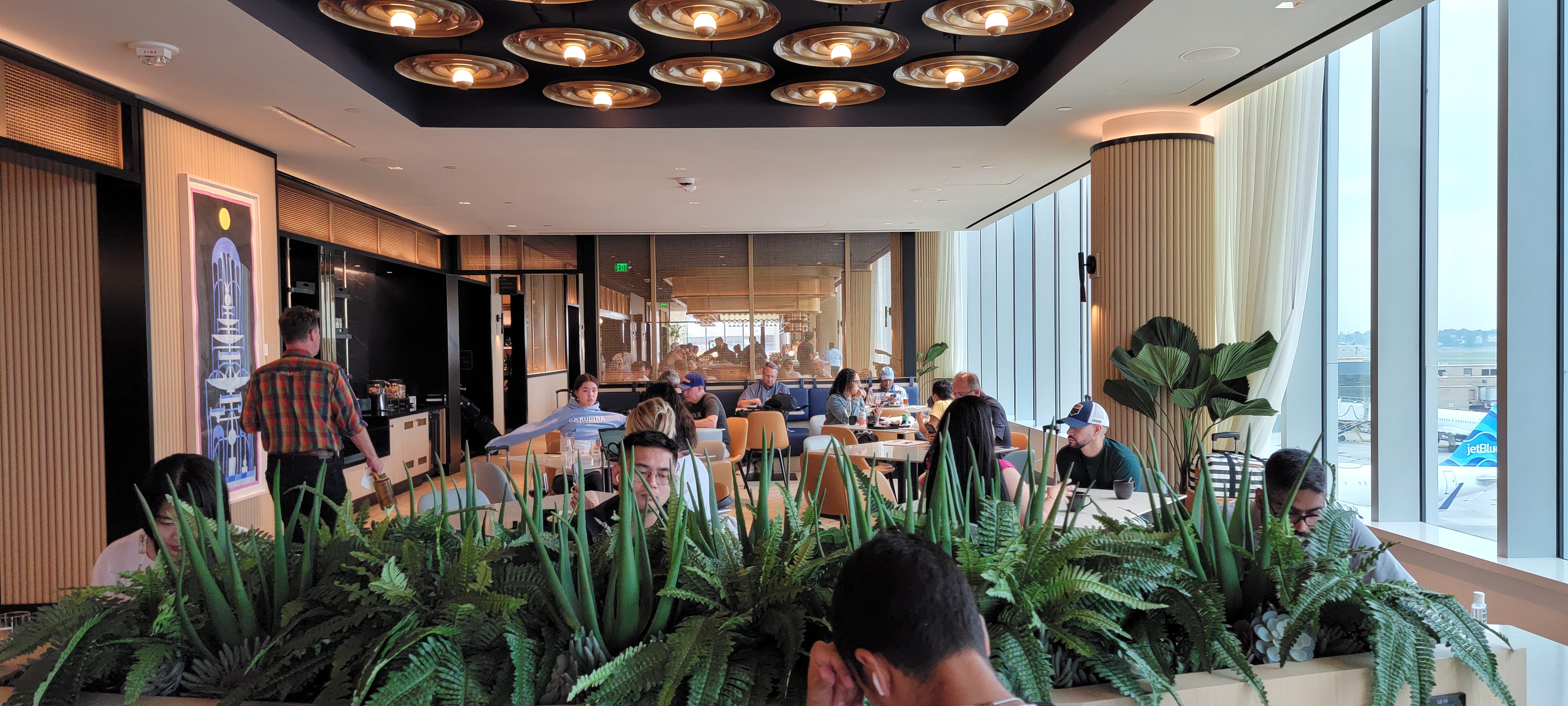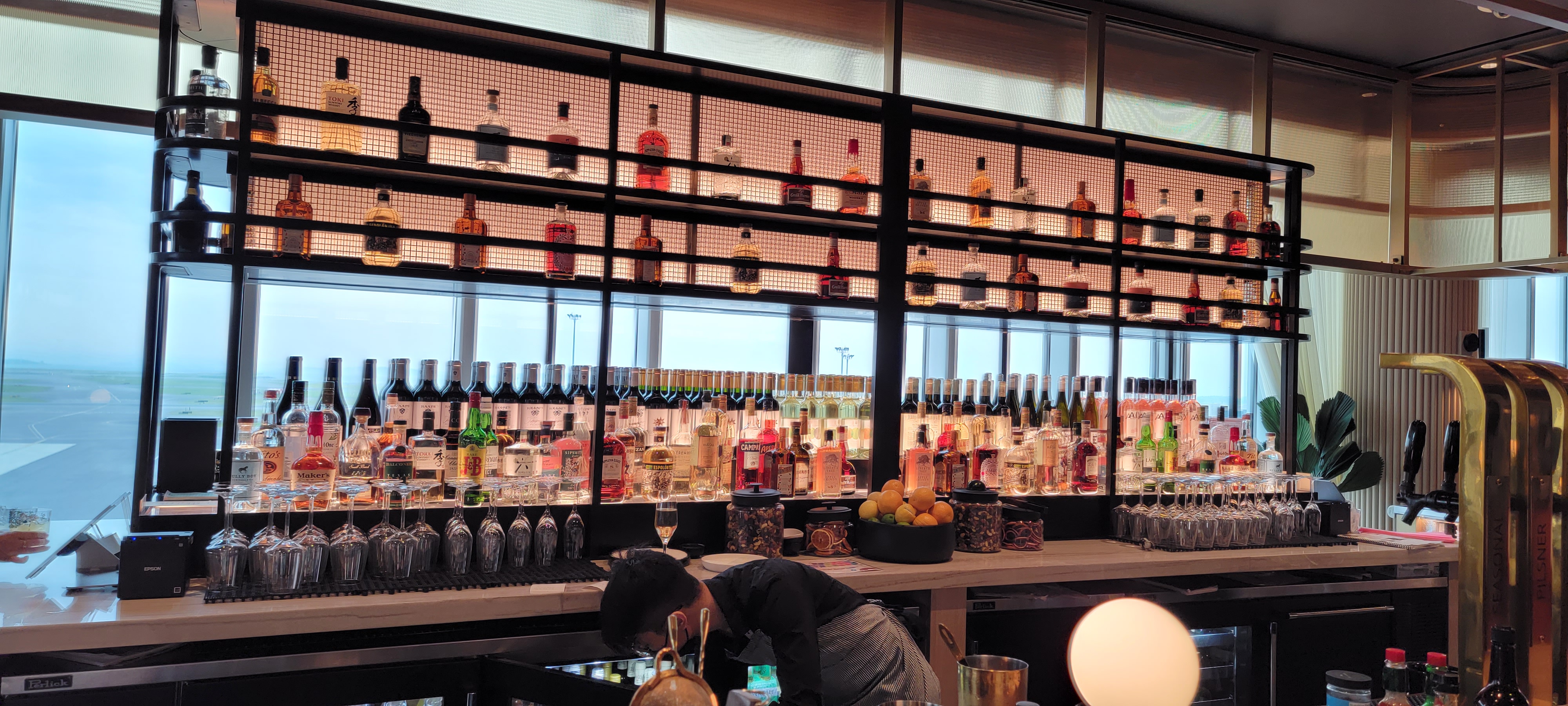Chase About To Pass American Express, Become Third Largest Travel Agency Behind Expedia, Booking.com
Chase travel did $8 billion in sales in 2022 with 40% growth in number of customers purchasing travel through their portal. They have had public goals to hit $10 billion in sales this year and $15 billion in sales by 2025.
Chase Travel believes they’ll pass American Express and become the third largest travel agency within two years. Last year they were less than 8% behind. Chase is positioned to be the third largest travel agency behind Expedia and Booking.com.
According to their head of travel, they’re “right at” $10 billion for 2023.
- He’s confident in their $15 billion projection by 2025
- They have over 80 million customers to sell travel to, 63 million of which are “digitally active.”
They are building out a network of airport lounges because “for the top travel customer, it’s become table stakes in the card space.”
So for us, it’s a matter of making sure that we can meet that expectation and also try to differentiate ourselves. So we’re very much focused on creating lounges that bring forward the local flavor.
A great example of that is Boston, where we work with a local chef who’s providing all the food in there. There are local Boston beers at the bar. And we’ll look to extend those concepts as we build out our strategy going forward.
So far Hong Kong and Boston are open, along with the ‘Sapphire Terrace’ in Austin.
The full slate of known Chase Sapphire lounges is:
- Boston: between Terminals B/C
- Dallas: Gate D35
- Hong Kong: Terminal 1 (Open)
- Las Vegas: Concourse C
- New York LaGuardia: Central Terminal
- Philadelphia: D/E connector
- Phoenix: Terminal 4
- San Diego: Terminal 2
- Washington Dulles: Concourse A

Chase Sapphire Lounge, Boston

Chase Sapphire Lounge, Boston
Chase has been planning ‘the new Chase Travel’ for some time. They even promised it would launch in 2022. The idea is to bring together all of the disparate assets, from booking to dining to advice, in order to become a force in lifestyle that competes with the biggest players in the space. This is supposed to appeal to affluent customers who will be stickier with Chase’s banking services, and help them grab a greater share of investable assets and card spend.
Some of their acquisitions include:
- Buying cxLoyalty as a booking platform. The company used to run Chase Travel. Chase moved to Expedia, then bought cxLoyalty and now they have their own platform.
- Buying The Infatuation which also includes Zagat, as a mechanism for offering robust advice to customers. They’re building out hotel recommendations alongside existing dining guides, and the dining guides are actually quite good as far as these things go.
- Acquiring travel agents at Frosch International Travel because reasons (they want both mass market and high end of travel, “sit at the intersection of high tech and high touch”).
- Launching airport lounges in partnership with Collinson (the parent of Priority Pass runs The Club lounges through their Airport Dimensions subsidiary).
Ultimately Chase sees an opportunity to capture more travel spend, and keep customers in their ecosystem. They see the same opportunity in the home and auto ecosystems, but haven’t really captured those. Travel booking helps them capture their customers’ travel spend in terms of experience. They’ll capture the booking commissions (which could reach $750 million, not pocket change even to Chase). And they’ll have even richer data to cross market to their customers – and to rent to other firms.
J.P. Morgan Chase is going up against American Express and now Capital One in the travel portal and lounge business. The problem is that nobody yet does online travel really well. Expedia hasn’t actually gotten better from a consumer standpoint in 20 years. Instead they spend a lot on advertising to bring customers to their site, and they sell those customers to hotels. They don’t actually add value to a customer’s trip, guiding them towards better experiences.
I proactively avoid booking through Chase’s (or any other bank’s or online travel agency’s) portal because things get more complicated and cumbersome and just take longer any time I need to make a change. Having these services in the middle isn’t a value add, it’s a tax.
Travel is complicated and advice is missing. You go online and see schedules and price, or location and property features, but little to tell you whether to take that 45 minute connection in Chicago in winter, whether you should go out the night before or take the first flight rather than last flight of the day, and what kind of backup options you may have.
Google was supposed to disrupt travel search and booking but that’s been the next big thing in the space for over a decade. Whether or not banks deliver, having more competitors can only benefit consumers. It’ll be exciting to watch but I remain skeptical because most acquisitions turn out badly and nobody has really done it yet because it’s hard.
Chase has the resources but so does Google, and they have the AI programmers and personal data with which to do mass customization and personalization in a really unique way – yet they haven’t managed it (though Google Flights is quite useful). We’ll have a better sense of where this is going soon enough.